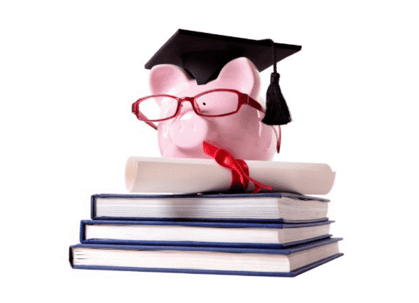If you are embroiled in private student loan debt currently, you may wonder why so much stress must be associated with getting an education. And while that seems counterintuitive to the whole process of expanding and challenging the mind and helping people of all ages to go forth and thrive, it is the current state of things for many of the 44 million student loan borrowers in the US.
Federal loans may be easier to come by—and in fact, for most they are almost effortless to get when it comes to showing a credit history or any actual true mode of ensuring repayment—but they are finite and in many cases are not nearly enough to cover the expenses of tuition, housing, books, and all that going away to college or a university entails. There may be grants and scholarships available too, and in fact, many of these avenues are left unexplored by thousands of rising students who have free money at their fingertips. Even if those resources have been discovered though, private student loans may be necessary, and borrowers of any age may find themselves having to jump through a lot of hoops to get approved.
The difference between a federal loan and a private loan is that while federal loans may be extended to nearly everyone, private loan servicers are just as discerning as most conventional lenders. They expect borrowers to have a good credit score and the potential for an income to pay back the money. In many cases, a co-signer is necessary. This is usually a parent, and if they have a good credit score and source of income, they will usually be the reason a private student loan goes through.
Getting a private loan may be more difficult and finding alternatives when struggling to repay one can be difficult too. Again, federal servicers make it somewhat easier on borrowers when it comes to dealing with their student loans, but private loan servicers take conventional measures in the face of a default or delinquency. Once a debt is left unpaid and enters default, not only does the entire balance come due, but the borrower may be served swiftly with a summons and complaint. If you are experiencing hardship due to student loans or being sued, contact an attorney from Fitzgerald & Campbell, APLC as soon as possible for legal assistance in filing a response, launching a defense, and avoiding having a default judgment granted against you.
If you are currently delinquent or worried about defaulting on your student loans, contact Fitzgerald & Campbell, APLC now so one of our experienced student loan debt attorneys can review your case and discuss all the available options with you.
Speak with an attorney from Fitzgerald & Campbell, APLC as soon as possible to examine your options. Our attorneys have decades of experience in serving clients as they navigate through challenging financial situations, to include student loan issues, bankruptcy, and other debt management processes. We are here to help! Click here to schedule a free 30-minute consultation, call us at (844) 431-3851, or email us at info@debtorprotectors.com.

